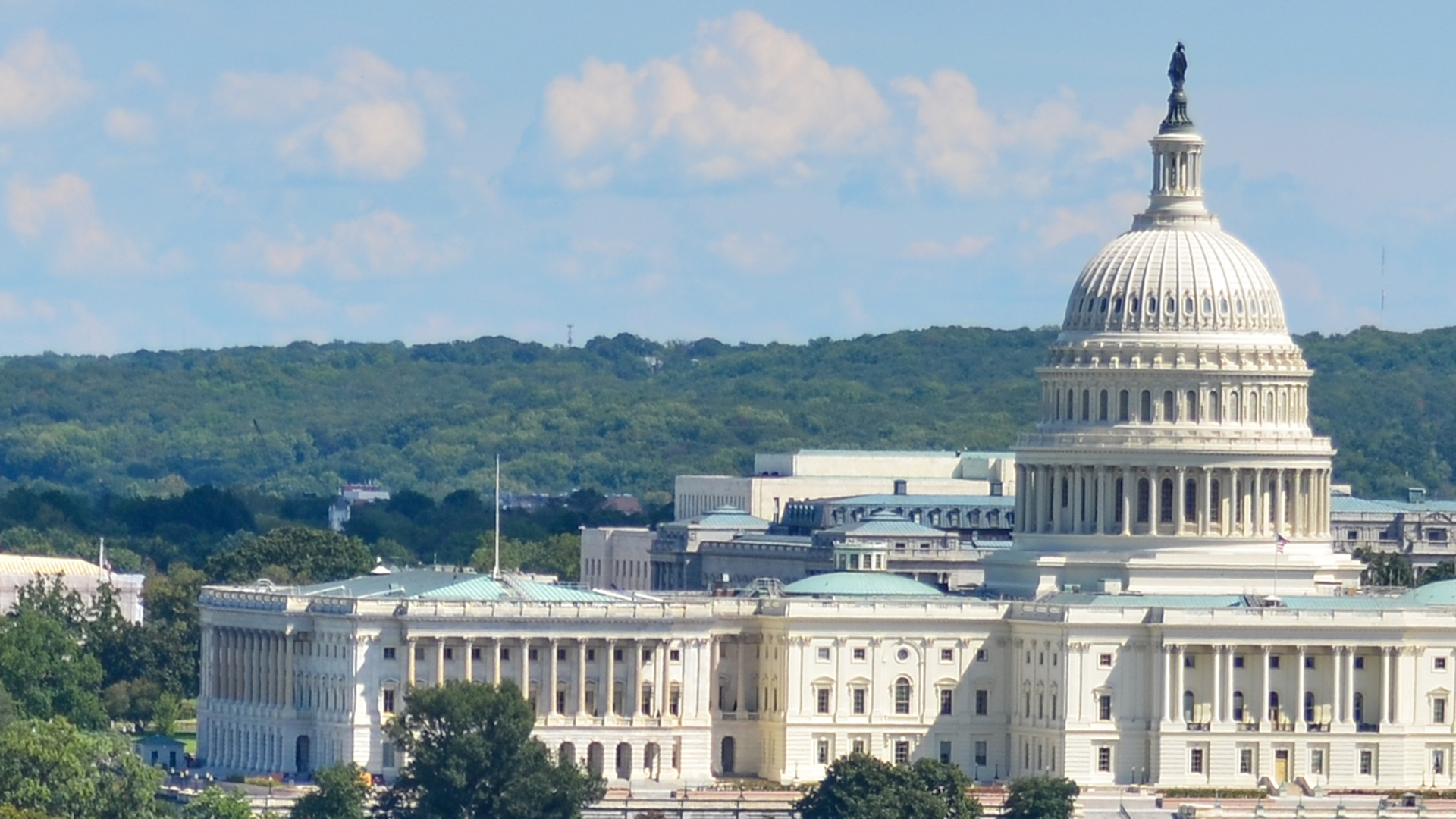The United States and much of the world are experiencing a resurgence of COVID-19. Looking ahead, the US House of Representatives’ Subcommittee on Housing, Community Development and Insurance held a hearing on November 19 to discuss legislation concerning a collaboration between public and private sectors to insure against pandemic risks.
The Pandemic Risk Insurance Act (“PRIA”) proposed by Congresswoman Maloney served as the starting point of the discussion. PRIA is modeled on the Terrorism Risk Insurance Act (“TRIA”), which was signed into law after the 9/11 attacks, when coverage for New York properties became impracticable without a government backstop. While PRIA was a starting point, committee members and witnesses discussed broader proposals for a public-private partnership to combat pandemic risks.
Testimony reflected the views of key stakeholders in the area of pandemic risk. Witnesses included Ann Cantrell, a policyholder and owner of Annie’s Blue Ribbon General Store; Michelle McLaughlin, Chief Underwriting Officer at Chubb; John Doyle, President and CEO of Marsh; Brian Kuhlmann, Senior Corporate Counsel of Shelter Insurance Company; and R.J. Lehmann, Senior Fellow at the International Center for Law and Economics.
The hearing addressed two separate topics that are somewhat in tension with each other. First, numerous witnesses recognized the central role that the insurance sector plays with respect to pandemic risks. With skin in the game — to say the least — the insurance market can leverage its risk-assessing expertise in support of the contemplated federal program. And as time goes on, insurer participation can grow as secondary markets begin to understand the risk and build their reserves. However, at the end of the day, any role that the insurance market plays will be contingent on a clear limit of the industry’s exposure through a federal backstop. Insurers and other groups have proposed different variations of the proposed PRIA legislation. Key industry players recognize that a key component to any solution will be to ensure that impacted businesses will have access to funds as soon as possible.
Second, some questioned whether a purely insurance-based framework provides the best solution for pandemic risks. R.J. Lehmann of the International Center for Law and Economics hesitated to fully endorse an insurance-based approach — highlighting that only around one-third of businesses had property insurance in the first place, and most property policies provide only limited (if any) business interruption coverage. By this account, approximately two-thirds of businesses would receive no benefit even if PRIA was enacted. Lehmann also observed that, with or without PRIA’s limitation on virus exclusions, pandemic-related business income losses likely would not trigger coverage under most commercial property policies. As he put it,
“any property insurance claim, including for business interruption, needs to show damage to the property. The legal theory in COVID claims that surface contamination is physical damage is a bit of a bank-shot. Most business closures have nothing to do with contaminated surfaces. Businesses have been closed to avoid the transmission between people — that’s not covered by property insurance.”
Lehmann also cast doubt on whether government shutdowns would trigger coverage under commercial property policies, because “business plummeted before any shutdown. . .business failed because consumers didn’t want to be infected — there is no insurance claim for that.”
Additionally, some questioned whether a TRIA-based model is even suited to blunt the economic impact of pandemic risk. TRIA addressed the insurability of terrorist attacks that — like pandemics — are both unpredictable and can be massively destructive. However, terrorism attacks to date have been limited loss events, both geographically and temporally. As COVID-19 has shown, a pandemic can be both geographically unbounded and of indefinite length. So, while TRIA may be the starting point of the conversation about insuring against a pandemic, its underlying framework may prove unsuitable to pandemic risks.
Against the backdrop of the Subcommittee hearing, numerous COVID-19 claims are working their way through state and federal courts. PRIA and other contemplated frameworks to address pandemic risk are necessarily forward-looking and should have little impact on claims under existing policies. Having said that, it would be foolish to suggest that COVID-19 will be the last pandemic to test the global economic environment and, by extension, the insurance market’s resilience.
For any questions regarding the hearing, COVID-19 disputes, or other insurance-based legal concerns, please do not hesitate to reach out to the authors: Neel Lane and Peyton L. Craig. The entire hearing can be viewed here.
8.5.5




